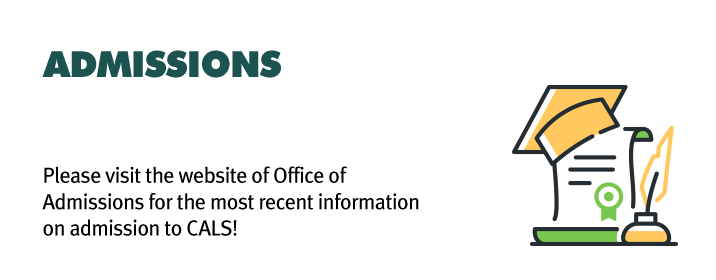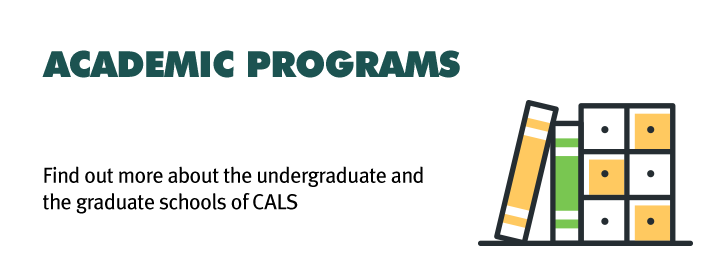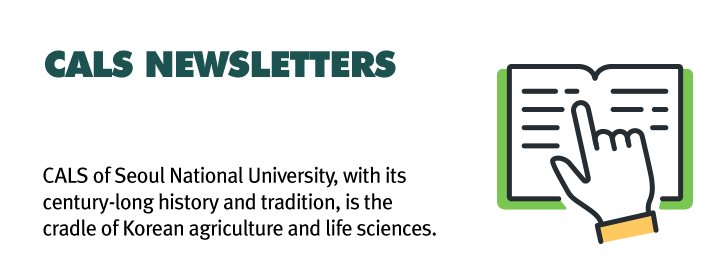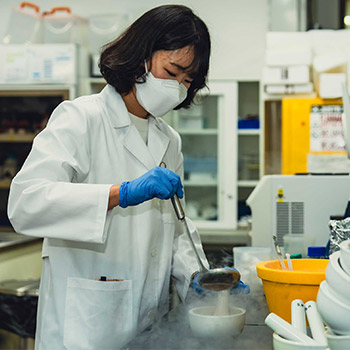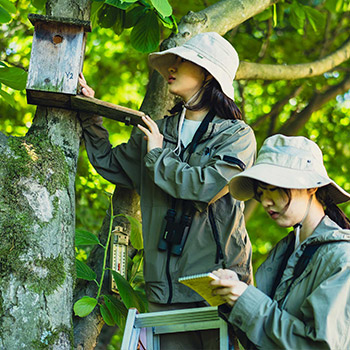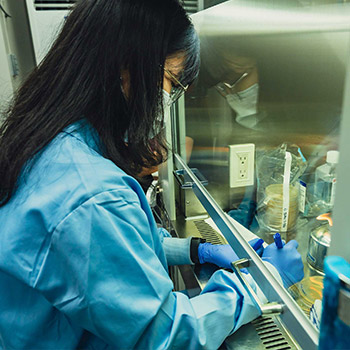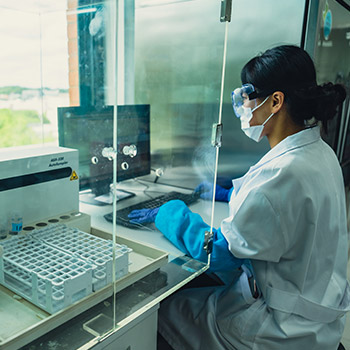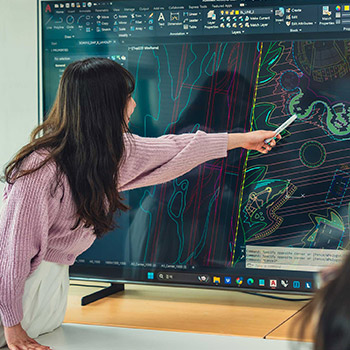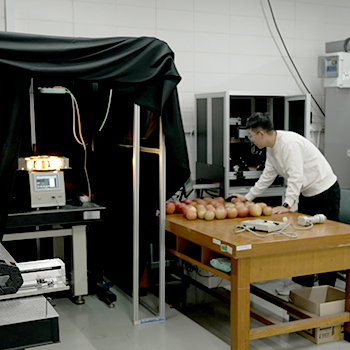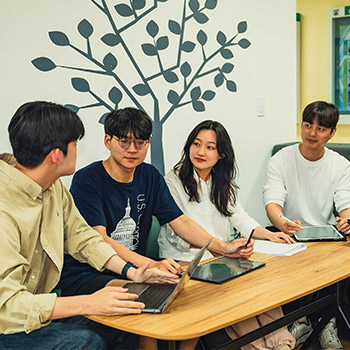Seoul National University's Alternative Protein Society APro
Q. Please introduce yourself briefly.
A. Hello, I'm Kim Seon-woo, majoring in Animal Biotechnology in the Department of Food and Animal Biotechnology. I also serve as the president of SNU's Alternative Protein(APro) society.
Q. Could you introduce APro and explain what alternative protein is?
A. Alternative protein refers to artificially produced proteins such as plant-based meat, cultured animal cells, microbial fermentation products, and edible insects. As the world population continues to grow, protein demand is increasing. The population is expected to reach 10 billion by 2050, and traditional animal protein sources won't be sufficient to meet this demand. Alternative proteins are needed to bridge this gap. Our society aims to study these alternative proteins.
APro aims to help its members grow into semi-professionals through educational curricula and gain meaningful experiences through participation in competitions or industry-academic cooperation during implementation sessions. APro is Korea's first student organization focused on alternative proteins and receives support from the Good Food Institute (GFI), an international non-profit organization. The name "APro" represents moving "forward" toward new food solutions.
Q. What are the main activities and how is the organization operated?
A. APro's first cohort consists of 20 members, with two graduate student advisors and ten professor mentors. We collaborate with 'DaNAgreen,' a cultured meat startup, and 'Koralo,' a biomass fermentation startup.
APro's activities are divided into two main sessions: the first-half of 'Seed of Knowledge' education session and the second-half of 'Harvest of Ideas' implementation session. The current Seed of Knowledge session (as of October) includes activities such as 'Basic Lecture' by the education department, lectures by mentoring professors, advisors, and industry professionals, 'Journal Club' for paper discussions, 'Corporate Insight' for company analysis, and 'Ideathon' for idea competitions.
In the latter half's Harvest of Ideas, we either work on projects with partner companies on technology development, new product launches, marketing, and feedback collection, or participate in international competitions. We also engage in communication with foreign universities, cooking contests, alternative protein restaurant visits, and food court activities.
APro's research is divided into three main areas: cell cultivation, plant-based, and fermentation proteins, with six teams total including 'cultivation' and 'scaffold' for cultured meat, and 'precision fermentation' and 'biomass fermentation' A and B teams for fermented proteins.
Q. What are the benefits of joining the protein society?
A. Students can gain experiences beyond just studying and reading papers. Through collaboration with companies, they can develop teamwork and problem-solving skills while working on real projects. The active learning approach encourages participation while companies benefit from students' creativity and fresh ideas.
Q. What has been the most memorable thing from your club activities?
A. As the society's president, I'm learning a lot, but there are many practical challenges. Since there was no precedent for such a society in the College of Agriculture and Life Sciences, establishing the foundation was difficult. We faced challenges in communication with companies and coordinating with the management team. However, I'm proud that we've initiated the first student movement in Korea's alternative protein field, creating something from nothing.
Q. What are your future plans for the club?
A. This year's goal is to complete our educational programs and industry-academic cooperation successfully. After building a foundation with our first-generation members and creating a portfolio through collaborations, we expect to advance further next year. From APro's second generation onwards, we plan to operate on an annual basis, arranging corporate internships during summer vacation and planning overseas study trips to countries like Germany.
Q. Any final words for students interested in the club or others who might read this article?
A. Our society is growing rapidly and holds great potential for the future. We provide opportunities to experience leading market changes through corporate collaboration. We offer students chances for growth through active participation and provide companies with opportunities to discover new ideas and talent.


